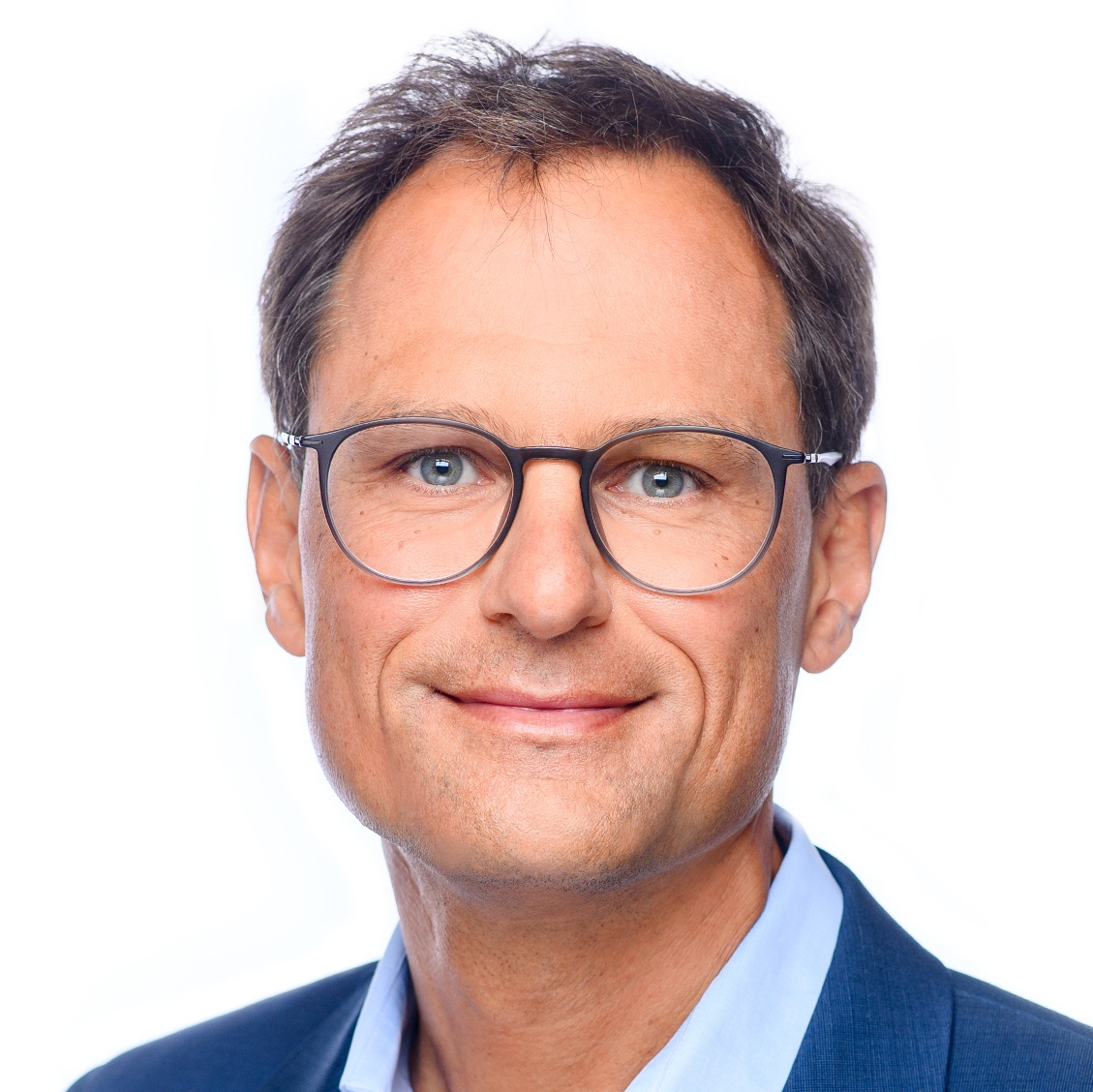
With the global spread of COVID-19 in 2020, the life science sector developed enormous momentum. Never before have so many new vaccines and drugs (pharmaceuticals) entered the development pipeline in such a short time period. On top of this, entirely new production lines for the manufacture of medical devices, masks and personal protective equipment (PPE) seemed to appear from nowhere.
Behind these achievements were not only pharmaceutical and medical product manufacturers or diagnostics companies, but chemical firms, car manufacturers and numerous companies with no previous involvement in healthcare or medical related sectors. Many well publicised companies literally switched over parts of their production overnight to make ventilators and PPE.
Risks: new and numerous
So much innovation, commitment and activity is naturally associated with risks. What’s more, some of these risks are new and unfamiliar. For the insurance industry, this is a challenging situation. After all, the industry must be able to measure and assess risks as precisely as possible in order to provide financial protection against them.
Just how big the challenges are can be surmised from the facts. Vaccines, for example: According to the World Health Organization (WHO), more than 300 vaccine candidates are under development worldwide as of January 2022 – over 100 of which were in the clinical phase, i.e. they are currently being tried and tested on subjects as part of clinical studies. Already within months after the pandemic, newly approved vaccines were in use and helping combat the pandemic on a daily basis.
These successes are possible thanks, among other things, to new types of vaccines (mRNA, viral vectors), because platform technologies are being used, investments made (e.g. operation Warp Speed) and approval procedures accelerated (e.g. US FDA). The situation is similar with the therapies and treatment options for COVID-19 patients. Thousands of studies with more than 1,900 potential drugs are in progress worldwide. Many of these drugs are newly developed to fight COVID-19, while others are licensed to treat other diseases are being applied for off label applications. In addition, there are innovative diagnostic procedures and tests being developed, as well as medical devices and protective equipment.
Overall, this gives rise to a complex mix of activities with many variables that we as (re)insurers closely observe and continuously analyse so that we may enable manufacturers in the life science sector to run their businesses in a sustained and economically secure way. This applies even in times of pandemic.
Various liability scenarios
The range of liability scenarios is as varied as the risks themselves. Besides the traditional risk assessment of products and processes, special liability aspects arising from the pandemic must also be taken into account. This is because some risks are taken by the government during pandemics.
In the USA, for example, the PREP (Public Readiness and Emergency Preparedness) Act limits liability claims against companies. The risk for manufacturers and insurers is therefore significantly reduced in the USA. However, other countries different rules apply, meaning that the risk landscape changes from country to country.
In addition, there are risks of change. What does it mean for product liability, for example, when new variants of SARS-CoV-2 arise – and mRNA or viral vector vaccines are adapted? Another aspect is the high level of risk accumulation, as we know that even safe products can lead to rare side effects. When these products are administered throughout the world – more than seven billion doses of different vaccines will have been given worldwide by the end of this year – even very rare side effects could lead to a relatively large number of cases and therefore also to relevant questions of liability.
Aspects of product use must also be considered. In the case of medicines, for example, product liability is with the product licence holder. But what happens when different manufacturers’ products are combined? Quality problems due to defective additives or supplier components from third-party suppliers could also lead to liability claims.
Essential: sound knowledge of risk
The current pandemic poses huge challenges for humanity. There is demand to pool resources and speed up the development of measures to prevent and treat COVID-19. At Munich Re, we stand by our clients and act as part of the value chain. We assume certain liability risks and thus support the business continuity of companies in the life science sector - even during a pandemic.
Our value entails interdisciplinary working, sound knowledge of risk, and close and continual communication with clients. Accumulation exposures must also be fully understood, adequately addressed and continuously monitored from all markets. In response to the pandemic Munich Re quickly established an interdisciplinary COVID-19 task force which does exactly this. The task force’s combined expertise means that we are a strong partner and can offer our clients solutions for the complex and evolving new types of risks created by the pandemic.
Munich Re Experts

- Email WFraenk@munichre.com
- vCard Download
Related Topics
properties.trackTitle
properties.trackSubtitle
